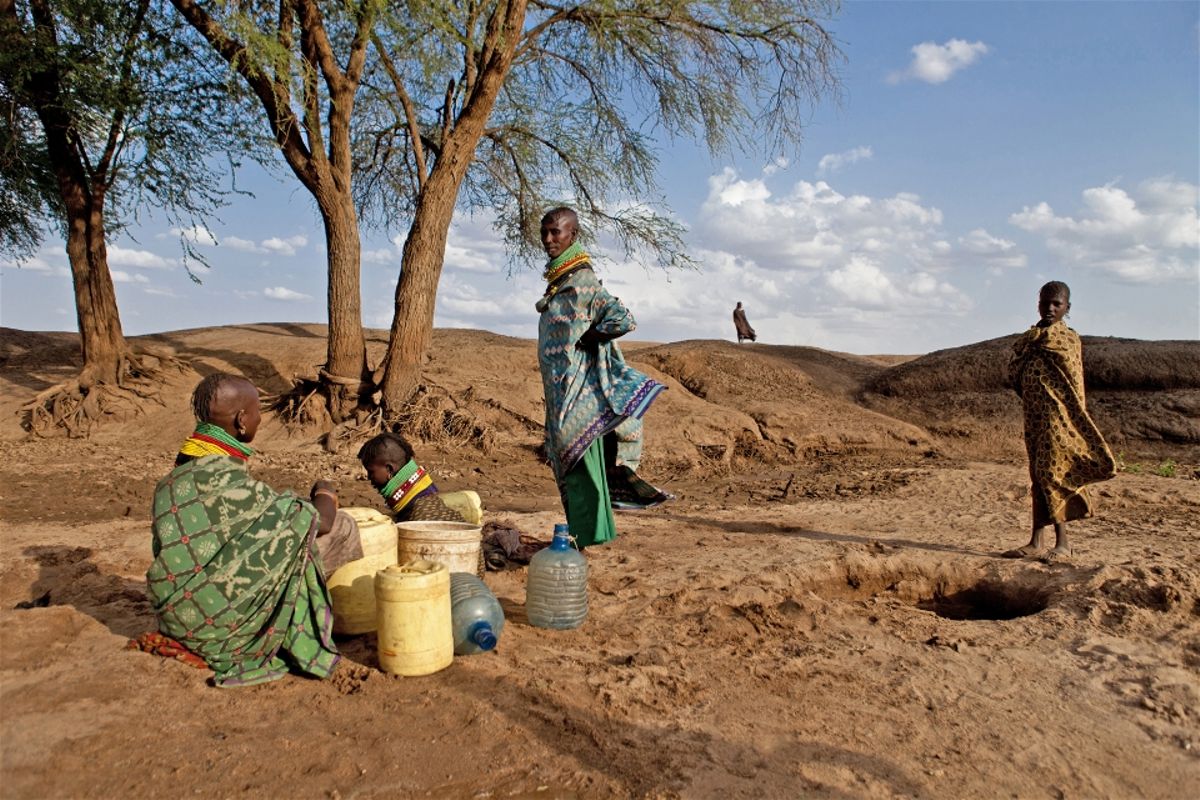
COP29: Kenya secures Ksh 660M boost to combat climate shocks

Kenya is set to receive Ksh660 million (£4 million) in new funding under the WISER (Weather and Climate Information Services) Africa programme.
The announcement was made on Thursday at COP29 by UK Minister for Development Anneliese Dodds.
This funding will support communities across Kenya in adapting to climate hazards such as droughts, floods, and storms, with a particular focus on empowering women and girls to address their unique challenges.
In partnership with the Kenya Meteorological Department, IGAD Climate Predictions and Applications Centre (ICPAC), and Kenya Red Cross, WISER Kenya will strengthen early warning systems to help communities prepare for disasters and mitigate humanitarian crises.
This initiative comes at a critical time, as Kenya is recovering from the worst drought in 40 years in 2023 and devastating floods in 2024, which displaced over 15,000 households.
As a result, the programme focuses on improving weather forecasting to enable households, government agencies, and humanitarian actors to take anticipatory action, safeguarding lives and livelihoods in the face of extreme weather events.
Neil Wigan, British High Commissioner to Kenya, highlighted the transformative potential of the programme, stating, “Weather and climate services help us all to prepare better. WISER has supported farmers and communities across Kenya, from Lake Victoria to Kibera, to anticipate and reduce the impact of severe weather.”
In addition, he noted, “Through this funding uplift, we look forward to working with the Kenya Meteorological Department and other partners to enhance Early Warning Systems and support communities to prepare for climate shocks such as droughts and floods.”
On his part, Dr. Philip Omondi Amingo, Senior Climate Scientist at ICPAC, emphasized that the funding would strengthen Kenya’s capacity to respond to climate hazards.
“This funding will greatly enhance the ability of key institutions to develop triggers and early warnings, reducing the impacts on communities before disasters fully unfold,” he said.
WISER’s previous initiatives in Kenya have already yielded impressive results.
For example, improved weather forecasts for Lake Victoria have reduced severe weather-related deaths by 30% and generated Ksh5.6 billion ($44 million) in economic benefits for fishing communities.
Additionally, through the DARAJA project, WISER has focused on informal settlements such as Kibera, co-creating weather information systems that provide timely alerts via radio and SMS.
This approach has empowered residents to take proactive measures to protect themselves and their property.
As Kenya faces an increasing frequency of extreme weather events, this new funding reinforces the important partnership between Kenya and the UK, strengthening the nation’s climate resilience and helping safeguard vulnerable communities.
